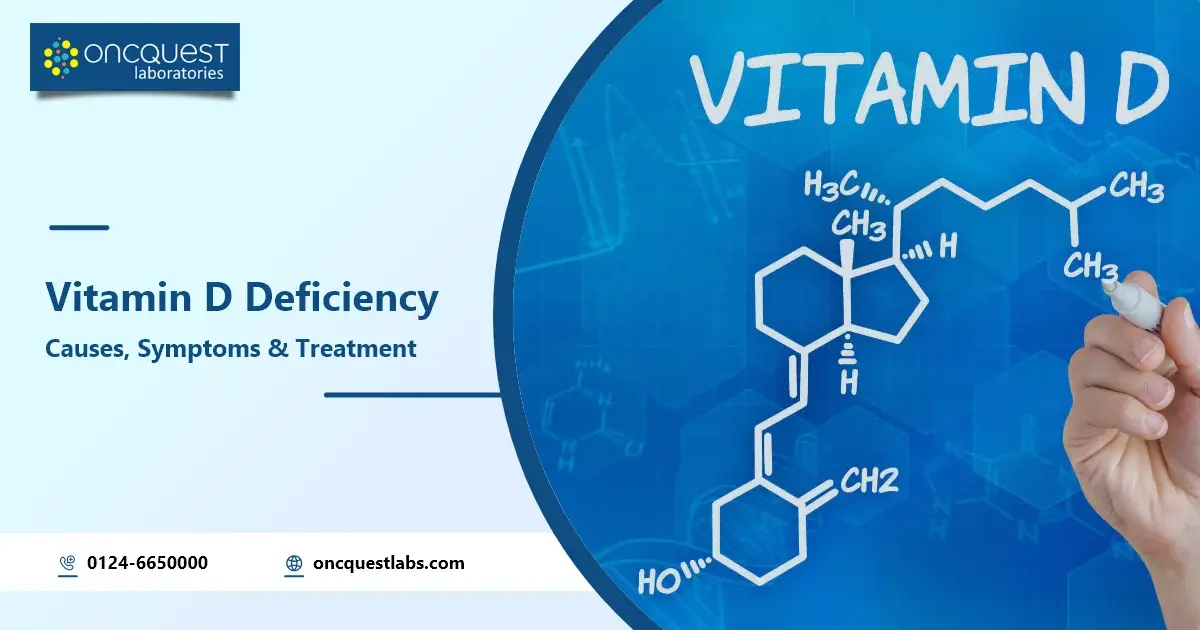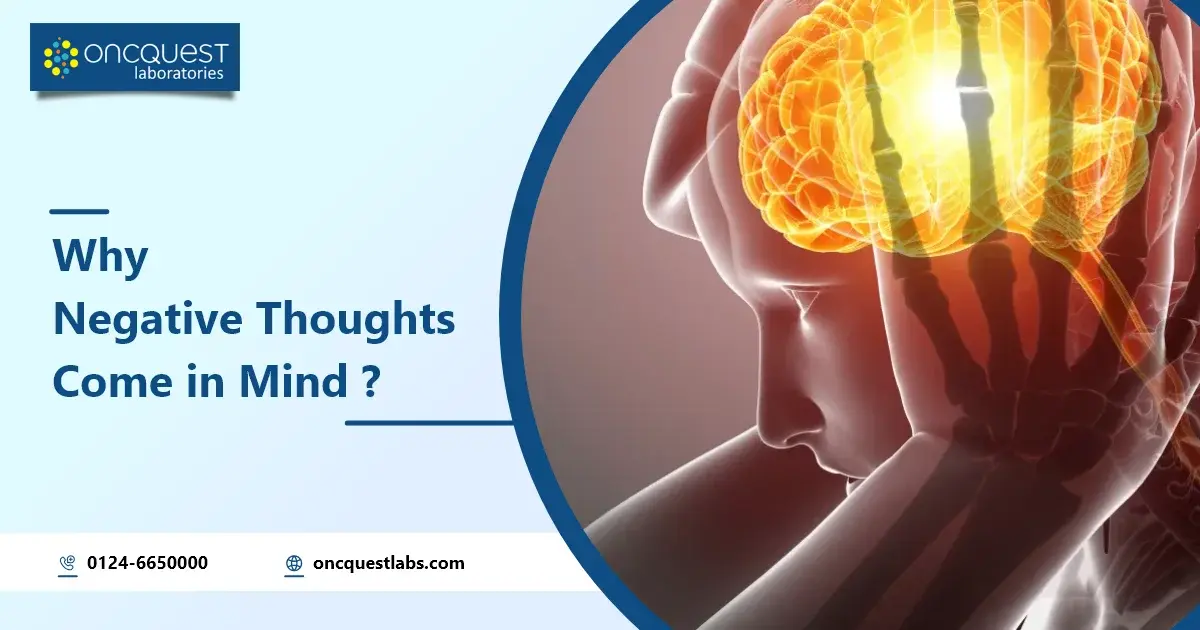Hey there! Ever heard of vitamin D? It’s like the superhero nutrient that does a ton of cool stuff for our bodies. But here’s the catch – sometimes we don’t have enough of it, and that can cause some not-so-fun problems. In this blog, we’re going to chat about why vitamin D is a big deal, what happens when we don’t have enough, and the simple things we can do to keep our vitamin D levels happy. So, buckle up for a quick ride into the world of vitamin D – it’s time to understand, easy-peasy style!
Contents
What is Vitamin D?
Vitamin D is a super important nutrient that our bodies need to stay healthy. It’s often called the “sunshine vitamin” because our skin can make it when we’re out in the sun. Vitamin D helps our bones stay strong by helping our bodies absorb calcium. It also plays a role in supporting our immune system, keeping us ready to fight off yucky germs. You can find vitamin D in some foods, and your body can make it on its own with a little help from sunlight. So, think of vitamin D as your body’s sunny sidekick, keeping you strong and well!
Importance of Vitamin D
Vitamin D is like a superhero for your health! Here’s why it’s super important:
- Bone Strength: Vitamin D helps your body absorb calcium, which is like the building block for strong bones. It’s the superhero that makes sure your bones stay tough and healthy.
- Immune System Support: This vitamin also lends a hand to your immune system, the defender against nasty germs. Having enough vitamin D keeps your immune system in top shape, ready to tackle any invaders.
- Mood Booster: Some studies suggest that vitamin D might have a positive effect on mood. So, it’s not just good for your body; it might be a mood lifter too!
- Cell Growth and Function: Vitamin D is involved in the growth and function of your cells, helping everything in your body work the way it should.
Remember, getting enough sunshine, eating foods with vitamin D, or taking supplements if needed can ensure you have your daily dose of this superhero vitamin!
Causes: Vitamin D Deficiency
Vitamin D deficiency can sneak up on us for various reasons:
- Limited Sun Exposure: Not getting enough sunlight, whether due to living in a place with little sunshine, spending too much time indoors, or using excessive sunscreen, can lead to a shortage of vitamin D.
- Dark Skin Tone: People with darker skin produce less vitamin D from sunlight because the melanin in their skin reduces the absorption of sunlight.
- Inadequate Diet: If your diet lacks foods rich in vitamin D, like fatty fish, egg yolks, and fortified products, you might not be getting enough of this essential nutrient.
- Digestive Issues: Certain medical conditions that affect your digestive system, like celiac disease or Crohn’s disease, can reduce the absorption of vitamin D from the food you eat.
- Obesity: Vitamin D is fat-soluble, and if you have excess body fat, it can trap vitamin D, making it less available for your body to use.
Knowing these causes can help you take steps to ensure you’re getting enough vitamin D to keep your health in check.
Symptoms: Vitamin D Deficiency
Feeling a bit off? Vitamin D deficiency might be the culprit. Keep an eye out for these symptoms:
- Fatigue: If you’re more tired than usual, it could be a sign that your vitamin D levels are running low.
- Bone and Back Pain: Vitamin D helps your body absorb calcium, and not enough of it can lead to bone or back pain.
- Frequent Illness: A weakened immune system from lack of vitamin D might make you more susceptible to getting sick often.
- Depression: Some studies suggest a link between low vitamin D levels and feelings of sadness or depression.
- Slow Wound Healing: If your wounds take longer to heal, it could be due to insufficient vitamin D, as it plays a role in cell repair.
- Muscle Pain: Vitamin D deficiency may cause muscle pain or weakness.
If you’re experiencing these symptoms, checking your vitamin D levels with a healthcare professional is a good idea. It’s always better to catch these things early!
Treatment: Vitamin D Deficiency
Good news! Treating vitamin D deficiency is often straightforward. Here’s what you can do:
- Sunshine Time: Get some sun! Spending a bit of time outdoors, especially in the morning or late afternoon, allows your skin to produce vitamin D. Just be sun-smart and don’t overdo it.
- Diet Boost: Eat foods rich in vitamin D, like fatty fish (salmon, mackerel), egg yolks, and fortified foods (like fortified milk or cereal).
- Supplements: Your doctor might recommend vitamin D supplements if you’re not getting enough from sunlight or your diet. These are usually easy to find at your local pharmacy.
- Medical Advice: If your deficiency is severe or related to a medical condition, your healthcare provider will guide you on the best course of action.
Remember, it’s always a good idea to consult with a healthcare professional before making significant changes to your diet or taking supplements. They’ll help you find the right balance for your specific needs!
How to Increase Vitamin D Naturally?
Boosting your vitamin D levels naturally is doable! Here are some tips:
- Soak Up the Sun: Spend some time outdoors. Aim for about 10-30 minutes of sunlight exposure, a few times a week. Just be mindful of sunscreen use – you need some sun on your skin, but don’t forget sun safety.
- Eat Vitamin D-Rich Foods: Include foods like fatty fish (salmon, mackerel), egg yolks, and fortified foods (like fortified milk, orange juice, or cereal) in your diet.
- Mushrooms and Tofu: Certain types of mushrooms and tofu can provide a small amount of vitamin D. Include them in your meals for an extra boost.
- Consider Cod Liver Oil: It’s not the most delicious option, but cod liver oil is a potent source of vitamin D.
- Move Your Body: Regular exercise can help increase vitamin D levels. It doesn’t have to be intense – even a daily walk can make a difference.
Remember, balance is key. Too much sun can be harmful, so find a sensible routine that works for you, and consider consulting with a healthcare professional to tailor a plan that fits your individual needs.
Conclusion
In a nutshell, making sure you have enough vitamin D is super important for staying healthy. You can do this by spending time in the sun, eating foods with vitamin D, or taking supplements if your doctor suggests it.
Vitamin D does lots of good things for your body, like keeping your bones strong, helping your immune system, and maybe even making you feel happier. If you feel tired or your muscles ache, it could be a sign that you need more vitamin D.
So, let’s cheer for the sunshine vitamin! Whether you’re enjoying a sunny walk or munching on yummy foods like salmon, each little thing you do adds up to a healthier and happier you. Here’s to keeping that good health glow!
Frequently asked Questions
Q1: What will happen if vitamin D is low?
A1: Low vitamin D levels can lead to weakened bones, increased susceptibility to illnesses, and potential mood changes. Fatigue, muscle pain, and slower wound healing may also occur. Maintaining sufficient vitamin D is crucial for overall health and well-being.
Q2: What is the main cause of vitamin D deficiency?
A2: The primary cause of vitamin D deficiency is often insufficient exposure to sunlight. Factors like limited outdoor activities, dark skin, and excessive sunscreen use can hinder the body’s ability to produce an adequate amount of vitamin D from sunlight.
Q3: What is the treatment for low vitamin D?
A3: Treatment for low vitamin D typically involves increasing sunlight exposure, incorporating vitamin D-rich foods in the diet (like fatty fish and fortified products), and, if necessary, taking supplements as recommended by a healthcare professional. Regular monitoring and adjustments under medical guidance ensure effective management.



![Blood Test for Hair Loss [Male/Female] Blood Test for Hair Loss](https://oncquest-blog.s3.ap-south-1.amazonaws.com/blog/wp-content/uploads/2023/12/12044200/Blood-Test-for-Hair-Loss.webp)
